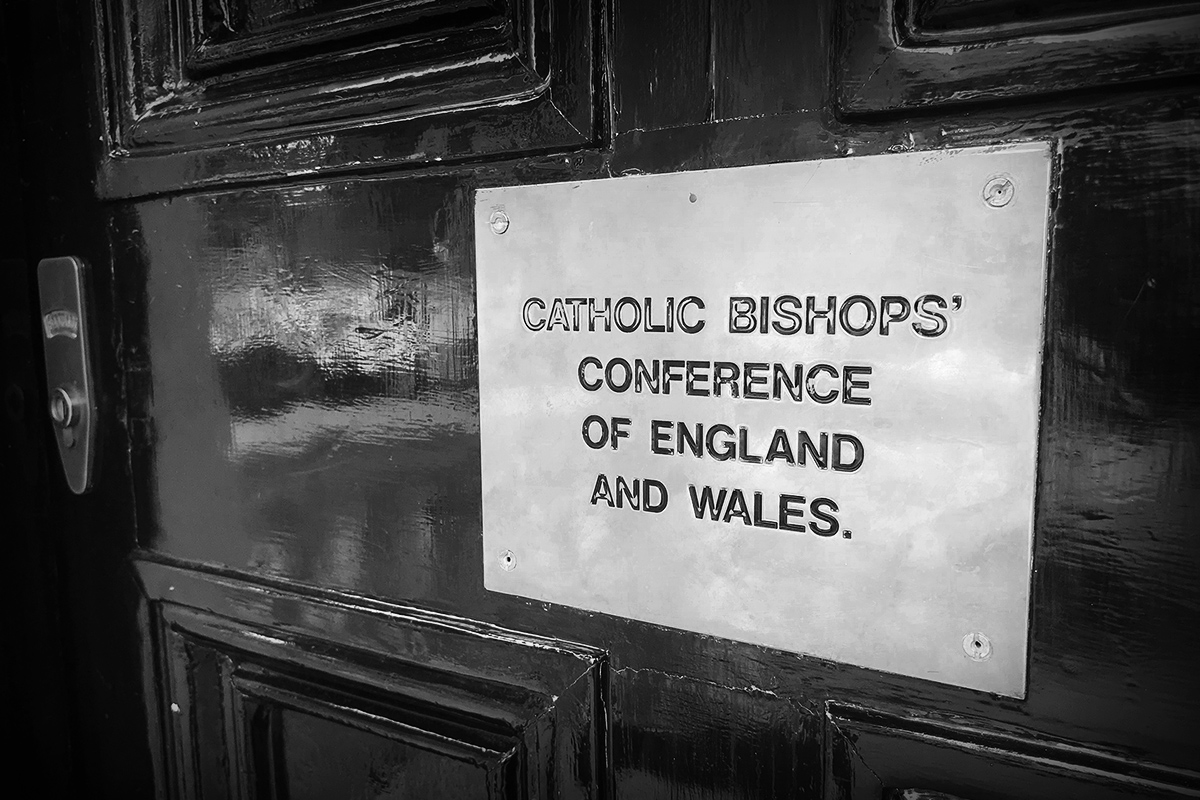
The introduction of civil partnerships as a legal institution is bound to have a significant and lasting cultural and social impact.
The government has effectively established same-sex marriage in all but name. As a result, there is a real danger that the deeply rooted understanding of marriage as a permanent and exclusive relationship between a woman and a man, and as the best context for raising children, will be eroded.
What the government needs to do in terms of public policy is support and promote marriage rather than undermine it. Civil partnership is not based on natural complementarity of male and female and the natural purpose of sexual union cannot be achieved by same sex partnerships, nor can a same sex couple co-operate with God to create new life.
For centuries, the legal recognition of marriage, including the benefits associated with it, reflected not only the personal commitment of the couple but also about the social commitment that husband and wife make to the wellbeing of society through the procreation and education of children.
As the Catholic bishops in England and Wales demonstrated in our series of diocesan conferences we are strongly committed to upholding the unique status and meaning of marriage and its importance for the well-being of society, as was evident in our Listening 2004 initiative on marriage and family life.
Lifelong marriage between a man and a woman continues to represent an unchanging ideal, and a vital anchor for a rapidly changing world. Marriage is recognised to be the most stable and loving context for raising children. For these reasons, it has had and should continue to have a special position in our social and legislative frameworks.
Its value to society should be promoted and never diminished.